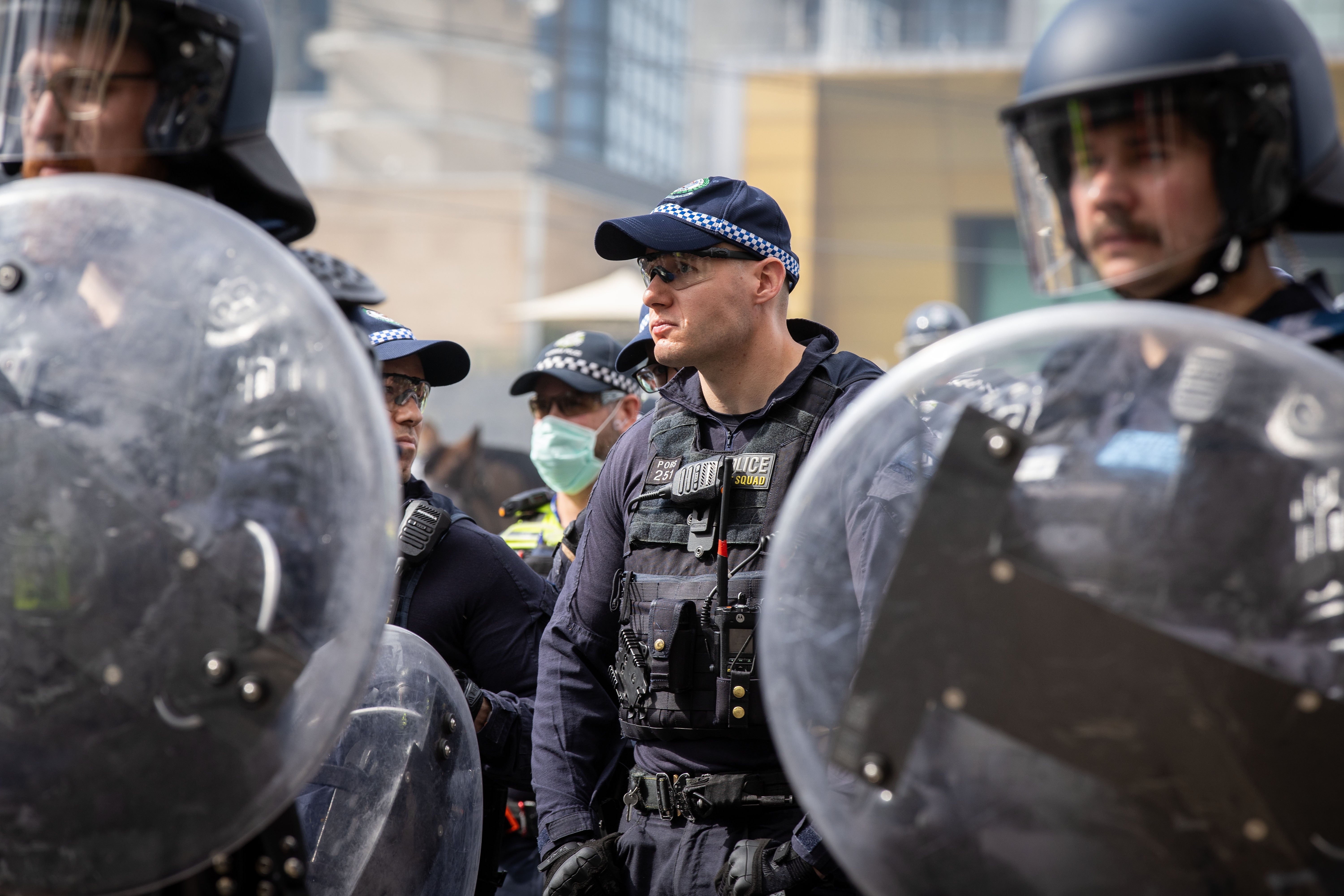Australian couple acquitted in murder of teen mother Amber Haigh
Robert and Anne Geeves, both 64, were accused of killing Haigh to take her five-month-old baby

Your support helps us to tell the story
From reproductive rights to climate change to Big Tech, The Independent is on the ground when the story is developing. Whether it's investigating the financials of Elon Musk's pro-Trump PAC or producing our latest documentary, 'The A Word', which shines a light on the American women fighting for reproductive rights, we know how important it is to parse out the facts from the messaging.
At such a critical moment in US history, we need reporters on the ground. Your donation allows us to keep sending journalists to speak to both sides of the story.
The Independent is trusted by Americans across the entire political spectrum. And unlike many other quality news outlets, we choose not to lock Americans out of our reporting and analysis with paywalls. We believe quality journalism should be available to everyone, paid for by those who can afford it.
Your support makes all the difference.A 64-year-old couple was acquitted in the murder trial of Amber Haigh, a 19-year-old intellectually disabled mother who disappeared in 2002.
On Monday, Justice Julia Lonergan delivered the verdict in the New South Wales Supreme Court, citing insufficient evidence to prove the prosecution’s alleged motive in the case that gripped Australian media.
Robert and Anne Geeves, both 64, were accused of killing Haigh to take the five-month-old baby she allegedly had in January 2002 with Mr Geeves. They were charged with her murder in 2022.
The couple, however, consistently denied harming Haigh or having any involvement in her disappearance. They claimed they drove Haigh from their home in Kingsvale to the Campbelltown railway station on 5 June 2002, so she could visit her dying father.
According to the Geeveses, Haigh voluntarily left her infant son with them before departing. However, she failed to arrive at the nearby Mt Druitt hospital for a scheduled visit with her ailing father, sparking concerns about her disappearance.
Despite extensive police investigations, a coronial inquiry, and a million-dollar reward for information, Haigh’s body was never found. The prosecution relied on witness testimony and documentation to support their theory, including accounts of Haigh’s vulnerable state and alleged abuse by Robert Geeves.
However, the defence argued the allegation was baseless and the investigation flawed. They said the couple had been seen by the surrounding community through a “haze of mistrust and suspicion” which impacted witnesses.
Justice Lonergan criticised the prosecution’s case, stating, "cases are not decided on rumor, speculation, or suspicion".
She, however, noted, "there was little sign, in the sea of evidence in this case, that Amber was ever shown the love she needed or deserved."
The judge described Haigh’s life as marked by "disruption and disadvantage". She said Haigh was "physically attacked and abused" by people she trusted and made to feel unsafe by her own family. Haigh’s short life was characterised by her search for love and solace, which ultimately remained unfulfilled.
The prosecution sought to prove two "indispensable facts": that the Geeveses had a shared motive to kill Haigh to assume control of her baby, and that they did not drive Haigh to the train station on the evening of 5 June 2002.
However, Justice Lonergan said, "I am not persuaded that either indispensable fact is proved".
“Mr and Mrs Geeves are not guilty and ought be released from the dock,” she said.
The verdict was met with emotional reactions from Haigh’s relatives, with some breaking down in tears outside court.
One member of the public gallery stormed out of the courtroom, screaming, reported BBC News. The Geeveses were released from custody immediately, having spent two years in prison awaiting trial.
As the acquittal brought an end to the high-profile trial, Justice Lonergan reflected, "Amber went back and forth between places and people, looking for love and solace. She never found it. She was still looking for it when she disappeared."
Join our commenting forum
Join thought-provoking conversations, follow other Independent readers and see their replies
Comments